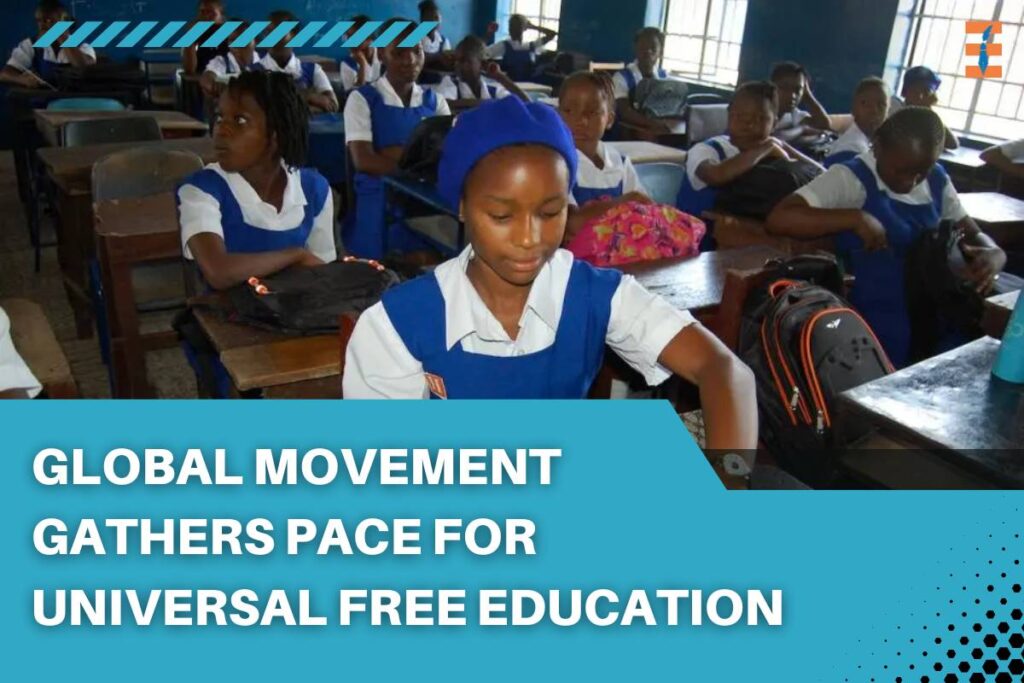Source- Human Rights Watch
In a significant stride towards global education equity, momentum is mounting for the acknowledgment of every child’s right to free education from pre-primary through secondary levels. This year, at the apex of the United Nation’s human rights deliberations in Geneva, promising signals indicate the potential for a monumental breakthrough in educational rights advocacy.
On March 20, the Dominican Republic, alongside a coalition of nations including Luxembourg, Sierra Leone, Colombia, Panama, Nauru, and Romania, will join forces with esteemed organizations such as Human Rights Watch, Plan International, and Girls Not Brides. Their objective is to convene countries at the Human Rights Council, spotlighting the urgent necessity for a new legal framework. This framework aims to underscore the indispensable link between free pre-primary and secondary education and human rights, with a distinct emphasis on the empowerment of girls and women.
Global Efforts Towards Free Education Accelerate
Globally, nearly half of all children are not enrolled in pre-primary education, and merely 2 in 5 children in low- and lower-middle-income nations partake in such programs. Moreover, the completion rate for secondary education stood at a mere 45 percent in 2021. The prohibitive cost of pre-primary and secondary education remains a formidable hurdle for too many children. The failure to ensure universal access to education perpetuates cycles of poverty and inequality, impeding societal advancement and development.
Despite these challenges, numerous low- and middle-income countries are making commendable progress in offering free education. Countries like Kyrgyzstan, Madagascar, Nepal, and Sierra Leone, among at least 110 nations worldwide, have enacted legislation guaranteeing at least one year of free pre-primary education and free secondary education.
A Call for Universal Education Rights
Nevertheless, international human rights law has yet to align with this progress. Notably, the UN’s children’s rights treaty, the Convention on the Rights of the Child, lacks provisions obligating states to provide free secondary education with the same immediacy as primary education, nor does it explicitly mention early childhood education. This disjunction has galvanized burgeoning global support for the incorporation of these rights into a new legal instrument, envisaged as the fourth optional protocol to the convention. Such a stride in international law could catalyze further implementation of free education in countries where fees persist.
It is incumbent upon other states to throw their weight behind this initiative. Through collective action, they can ensure that every child has access to learning opportunities, thereby laying the foundation for a future characterized by justice and equity in education.
Also Read: Transforming Education: The Role of AI for Teachers










